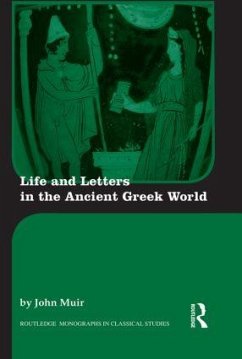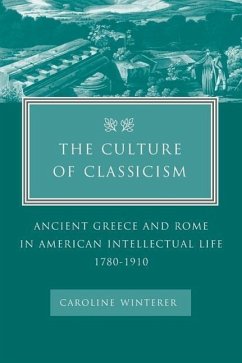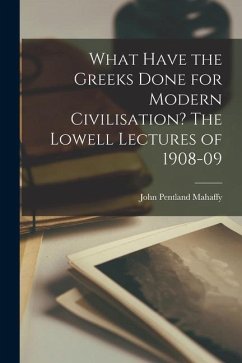
Understanding Roman Inscriptions
Versandkostenfrei!
Versandfertig in über 4 Wochen
35,99 €
inkl. MwSt.
Weitere Ausgaben:

PAYBACK Punkte
18 °P sammeln!
In this classic study of the Late Roman Empire, one of this century's most eminent ancient historians surveys social, economic, and administrative developments from the end of the Principate and the accession of Diocletian to the collapse of the empire in the West.













